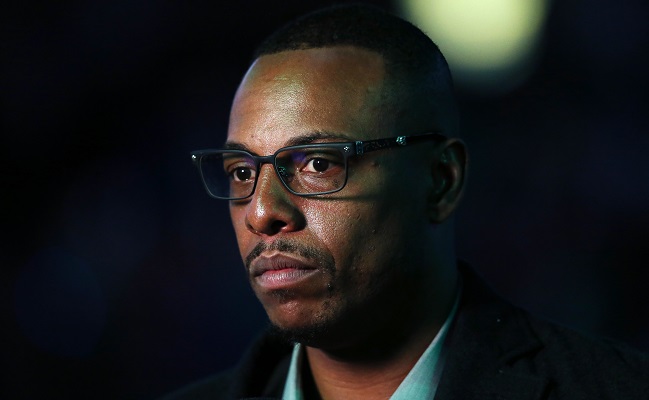
Nearly 18 years have passed since 10-time NBA All-Star and likely future Hall of Fame inductee Paul Pierce was stabbed repeatedly in a terrifying incident. Amazingly, the now-retired forward managed to appear in all 82 games during the ensuing season (2000-2001) and, as you may expect, Pierce was lauded for his toughness and ability to bounce back on the heels of a perilous moment in his life.
With that as the backdrop, Jackie MacMullan of ESPN interviewed Pierce as part of thorough and interesting deep dive into mental health in the NBA and he revealed a struggle that was both long-lasting and hidden on the heels of the incident. Pierce told MacMullan that he felt as if he was “trapped in a box” after the stabbing and that he “battled depression for a year” after the fact.
Though he was praised for his ability to perform on the floor, Pierce painted a different picture, using basketball as an escape from addressing mental hurdles.
“I think that’s the reason I got back on the court so fast,” Pierce told ESPN. “Me sitting at home thinking about [the stabbing] didn’t work. I went to every practice, sat on the sideline for hours, because that’s where I felt safe. I didn’t want those practices to end because then I had to go back out there in this world that really scared me.”
From there, Pierce spoke about his active avoidance of opening up on the issue, citing examples of traumatic events that he attempted to withstand, even in the midst of circumstances that may have felt harmless on the outside. He went on to say that he “should have opened up earlier” than he actually did and, in an admirable way, Pierce is using his story to positively affect others and, hopefully, erase any level of stigma that may still exist in this moment.
It’s hard to put one’s self in Pierce’s position, as he suffered a life-threatening event and had to endure the aftermath in the public spotlight on a daily basis. It is important to note that not only that kind of event can have a long-lasting impact on mental health, though, and stories like this one, in tandem with that of Kevin Love, DeMar Derozan and others, are important.






